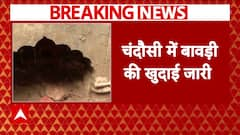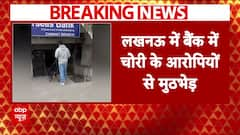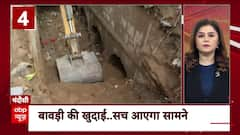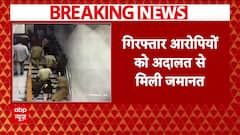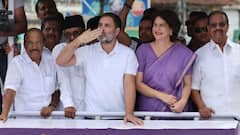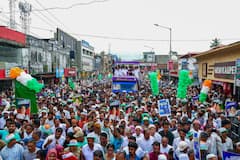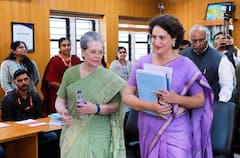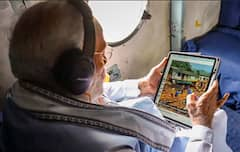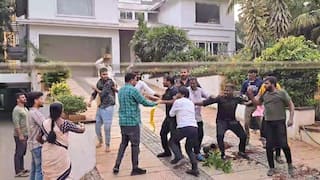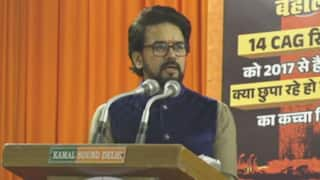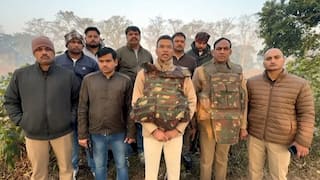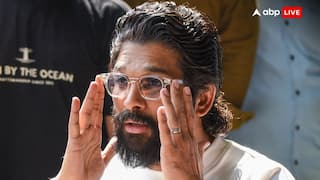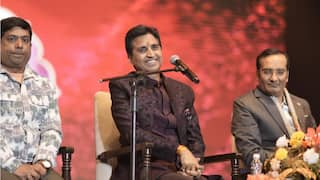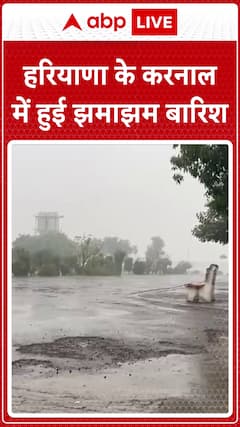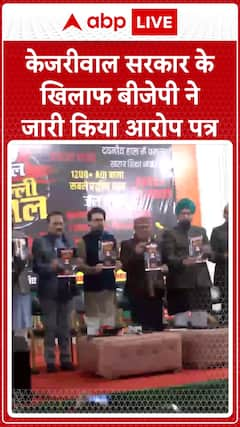Kerala Court Convicts 14 Over Lynching Of Tribal Man Madhu In Attappadi
The Kerala Court said that the quantum of punishment will be announced on Wednesday.

A Kerala Court on Tuesday convicted 14 persons in connection with the lynching and murder of a 30-year-old tribal youth Madhu for allegedly trying to 'steal food' in 2018. The Court also acquitted fourth and eleventh accused in the case.
The accused who were found guilty include Husain, Maraikkar, Aneesh, Radhakrishnan, Abubacker, Siddique, Ubaid, Najeeb, Shamsudeen, Radhakrishnan, Hareesh, Biju, Jaijumon, Muneer, Sajeev and Satheesh.
However, the accused fourth Aneesh who was charged with propagating Madhu's visual on social media and eleventh accused Abdul Karrem were acquitted by the court.
The accused were booked for murder, abduction, assault, unlawful assembly, kidnapping to the murder of Indian Penal Code (IPC) and rioting with weapons of Scheduled Castes and the Scheduled Tribes (Prevention of Atrocities) Act, as per The Indian Express.
The Court said that the quantum of punishment will be announced on Wednesday.
The special court which was formed for trying cases under the Scheduled Castes and Scheduled Tribes (Prevention of Atrocities) Act gave the order on Tuesday.
During the hearing, special police protection was provided to Madhu's mother and sister. The move came after Madhu's mother in a written request demanded police protection.
On February 22, 2018, a tribal man from Chindakki hamlet, Madhu, was killed after a group of local people thrashed him after alleging that he stole food items from a shop in Attappady.
Madhu who was a mentally challenged tribal youth was tied up on a tree by the locals and beaten to death in Palakkad.
ALSO READ: Scared Of Being Bitten By Dog, Woman Rams Scooty Into Parked Car In Odisha’s Berhampur—Watch
There were 129 witnesses in the case but 24 persons turned hostile during the trial.
Accused's strong political connections with the ruling and Opposition parties and the state government's delay in appointing a special prosecutor led to a slow trial. Later, the Kerala High Court intervened, directing the speeding up of the trial.
Trending News
Top Headlines









